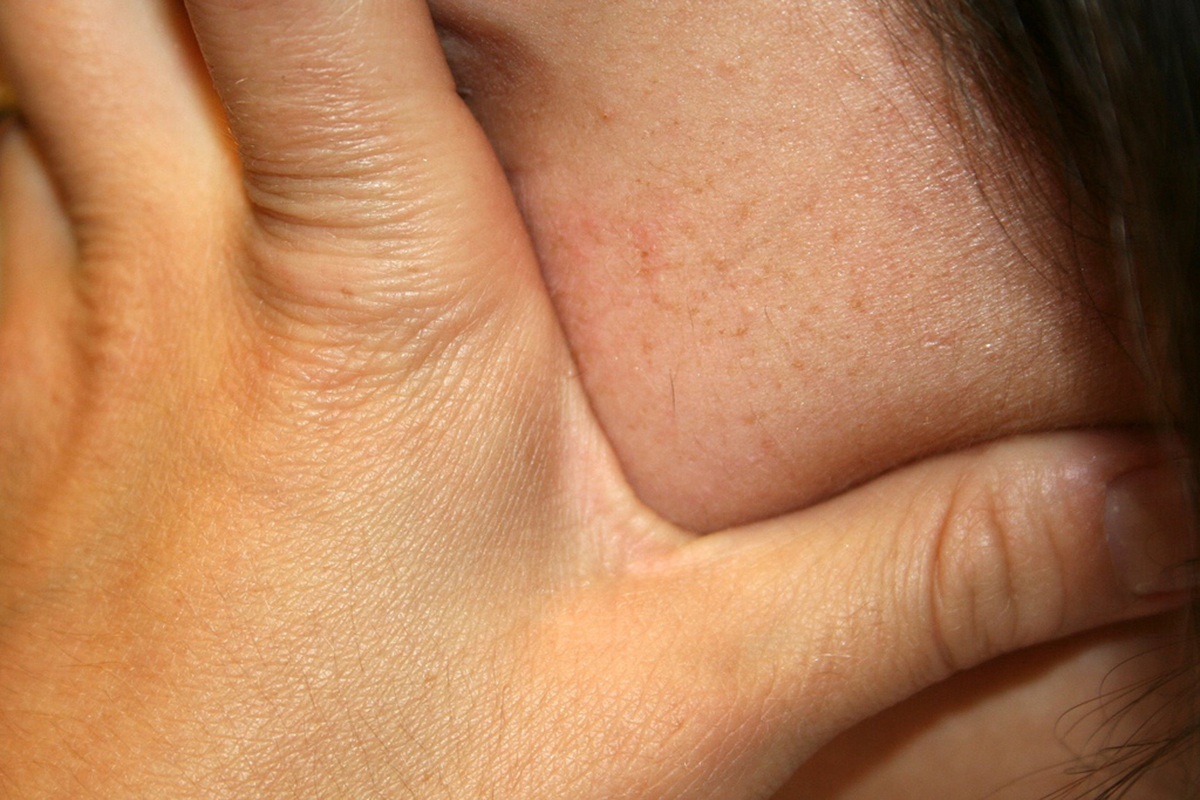Table of Contents
Stroke remains to be one of the top causes of deaths and a leading cause of serious long-term disability in the US and in the world.

Although we cannot control some risk factors, such as aging, family history, race, and genetic predisposition, most of the other factors that are associated with stroke are preventable.
The most common factors that can increase your risk of a stroke include:
- Being overweight/obese
- Sedentary lifestyle or physical inactivity
- Heavy alcohol consumption
- Use of illegal drugs (marijuana, cocaine and methamphetamines)
- Cigarette smoking
- High blood pressure (higher than 120/80 mm Hg
- High cholesterol (above 200 mg/dl)
- Low HDL (good cholesterol) levels
- High blood sugar (type 2 diabetes)
- Other medical conditions such as heart disease and obstructive sleep apnea
Experts recommend the following measures to reduce a young person’s risk of developing stroke:
- Maintain a healthy weight. Overweight and obesity are associated with other stroke risk factors, such as diabetes, high blood pressure, and heart disease. Losing as little as ten pounds may help improve cholesterol levels and lower your blood pressure.
- Eat a healthy diet that is rich in fruits and vegetables, nuts, and whole grains.
- Reduce the amount of saturated fat and cholesterol in your diet to avoid fatty deposits (plaques) in your arteries.
- Exercise regularly to maintain a healthy weight, reduce blood pressure, control cholesterol and blood sugar levels, and manage stress. Do cardio-exercises such as walking, swimming, jogging, or bicycling for 30 minutes daily on most days of the week.
- Quit smoking.
- Control blood sugar levels. Manage diabetes with diet, weight control, exercise, and medication.
- Control high blood pressure.
- Drink alcohol moderately or not at all. Studies suggest that drinking moderate amounts of alcohol may help prevent stroke and decrease your blood's tendency to clot.
- Avoiding using illicit drugs, which have been found to be risk factors for stroke.
- Treat sleep disorders such as obstructive sleep apnea, which has been linked to stroke.
See Also: A Guide To Stroke Prevention
Warning Signs of Stroke
Young people do not usually experience strokes, and therefore, signs and symptoms may not be easily recognized. However, experts advise that anyone who is having sudden, unexplained symptoms must seek help immediately, no matter what their age. Remember the acronym FAST:
F - a fallen or droopy face, usually on one side. If asked to smile, a person who is having a stroke cannot raise the corners of their mouth.
A - no ability to raise an arm. If asked to raise both arms, one arm drifts downward.
S – slurring of speech. If asked to repeat a simple phrase, the person exhibits slurring or strange speech.
T – Time is essential. Call 9-1-1 immediately if any of the above symptoms are present.
- WebMD. Strokes and the Toll They Take on Younger Adults. http://www.webmd.com/stroke/news/20141001/strokes-younger-adults
- WebMD. Why Young People Have Strokes: Unraveling the Mystery. http://www.webmd.com/stroke/news/20000705/why-young-people-have-strokes-unraveling-mystery
- MedicineNet. Strokes Rising Among Teens, Young Adults: CDC. http://www.medicinenet.com/script/main/art.asp?articlekey=148900
- Neurology. Recognition and management of stroke in young adults and adolescents. http://www.neurology.org/content/81/12/1089.abstract
- CDC. Stroke Facts. http://www.cdc.gov/stroke/facts.htm
- Photo courtesy of Daniel Oldfield by Flickr: www.flickr.com/photos/democlez/4463850560
- Photo courtesy of Finizio by Flickr: www.flickr.com/photos/finizio/183974481
- www.webmd.com
- www.medicinenet.com
- www.medicinenet.com
- www.neurology.org
- www.cdc.gov


Your thoughts on this